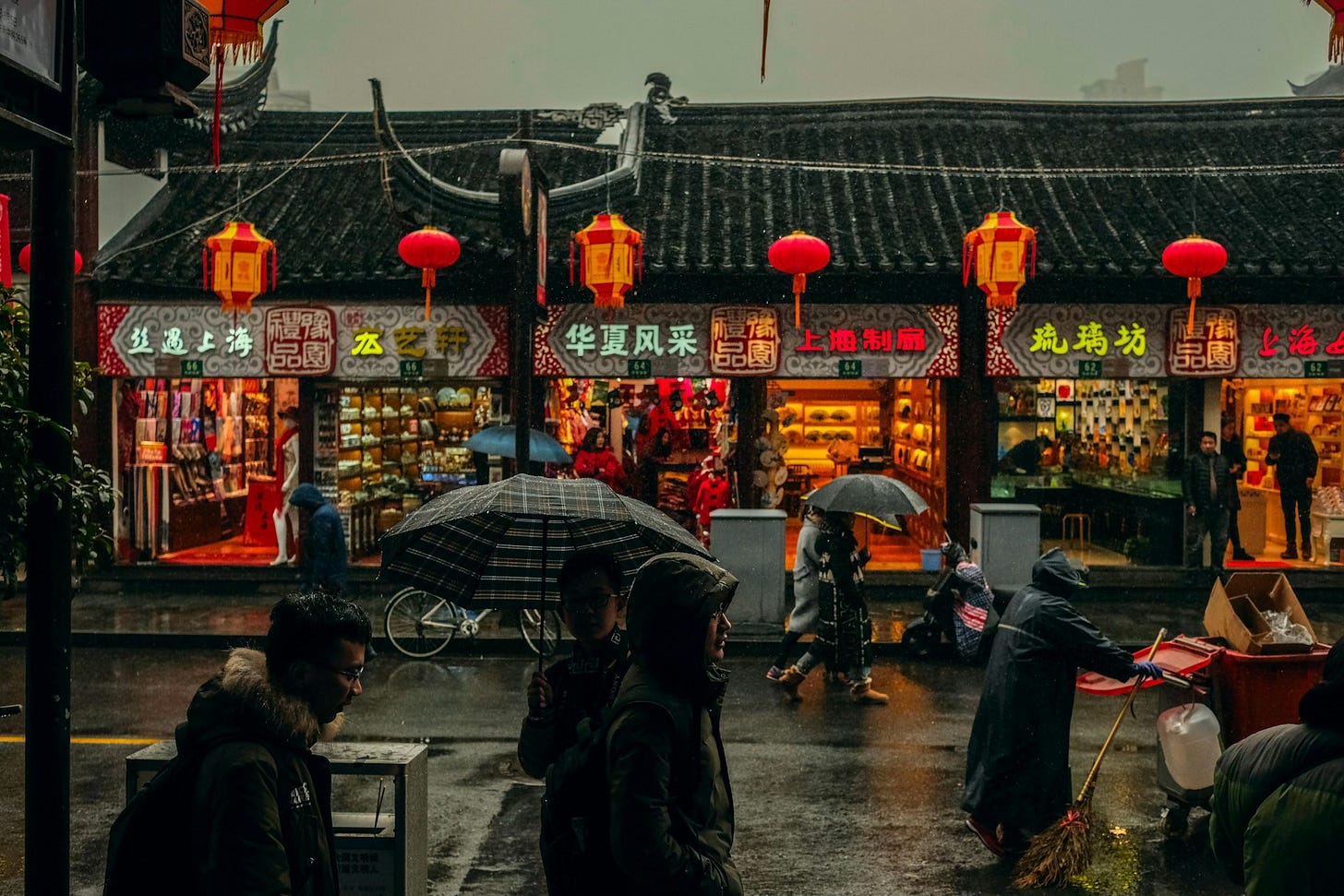
The financial crisis of 2008-09 brought an end to a long period of rapid globalisation. In its place has emerged protectionism, heightened focus on national security, and increasingly strained international relations.
Three fundamental forces explain this shift from hyper-globalisation to deglobalisation.
First, China’s emergence as a global superpower has transformed international relations. The West now views China as both an economic and strategic competitor, ending the earlier optimistic view that trade and engagement would naturally lead to economic liberalisation and mutual benefits.
Second, complex global supply chains, optimised for efficiency in calmer times, have proven vulnerable to major disruptions. The pandemic and Ukraine war exposed critical weaknesses, leading to shortages in semiconductors, medical supplies, grain and energy.
Third, persistent slow growth in western economies since the financial crisis has eroded faith in the liberal economic order. This has fuelled the rise of challenger political movements, primarily but not exclusively from the right, as evidenced by recent gains in French and European Parliament elections.
Geopolitical risk is back. The US and China increasingly vote on different sides in the UN. A near tripling in the number of countries subject to western financial sanctions since 2010 testifies to growing international discord. The war in Ukraine means that casualties in conflicts between states have reached the highest level worldwide in at least 50 years.
Geopolitical shocks are not necessarily economic shocks. The invasion of Ukraine, by triggering an energy crisis in Europe, most certainly was. The 9/11 terrorist attacks were not. Despite triggering two major wars, in Afghanistan and Iraq, they had little lasting economic impact on the West.
Incremental change, the stories that don’t make the headlines, often have greater economic effects. Thus rising international tensions have contributed to a weakening of cross-border capital flows and investment and created a more difficult climate for trade. Western sanctions against Russia forced a profound change in patterns of trade in oil and gas. Ever since Donald Trump’s first administration in 2017, America has been seeking to reduce its reliance on high-end Chinese technology and manufactured goods. The EU wants to create its own semiconductor manufacturing industry to avoid being dependent on Taiwanese products.
China’s vast trade surpluses – and its role as the world’s leading manufacturing power – have led some in the West to conclude that the international trading system is not working. Deindustrialisation in Europe and the US has created a coalition of ‘left behind’ workers, industry leaders fearful of unfair competition, and military strategists who fear that the loss of an industrial base would prevent the manufacturing of the arms necessary to defend the nation in times of war. China’s success in creating world-leading automotive and battery industries – helped by subsidies, support for local suppliers and the exclusion of foreign competitors – has encouraged the US to follow suit with its own programme of subsidies and tariffs.
Just as the economic liberalisation of the 1980s to early 2000s helped drive global growth, today’s economic distancing is acting as a drag on activity. Over time, these changes are driving a shift to a more fragmented or multipolar world. In shorthand this is deglobalisation. It’s the term we use, even though it doesn’t quite capture the way in which some connections, such as migration or trade in services, are continuing to grow.
So what conclusions can business leaders draw?
First, the geopolitical and other shocks of recent years have exposed weaknesses in systems – from Europe’s energy network or its capacity to produce munitions – that were previously hidden, tolerated or ignored. Elevated geopolitical risk demands more resilient systems and processes.
Second, countries, such as the US, with its vast internal market and limited exposure to foreign trade, are better placed to cope with deglobalisation than economies, such as Germany and China, with their large trade surpluses and dependence on exports.
Third, the definition of strategic products is expanding. Twenty years ago few would have considered cars to be of strategic importance. The scale and low-cost base of China’s auto sector has changed that. Greater risk and rising geopolitical rivalries mean a growing focus on the security of supply and domestic capacity.
Fourth, and crucially, globalisation may have slowed, but it is far from dead. The world is no less dependent on trade or cross-border supply chains today than it was before the financial crisis. Trade deals – such as the African Continental Free Trade Area – continue to be struck. Levels of migration remain high. Innovations in technology and communications make it easier to sell services across borders.
The global economic system is changing. It’s a process that has further to run.
A personal view from Ian Stewart, Deloitte’s Chief Economist in the UK. Subscribe and/or view previous editions of the Deloitte Monday Briefing here.
